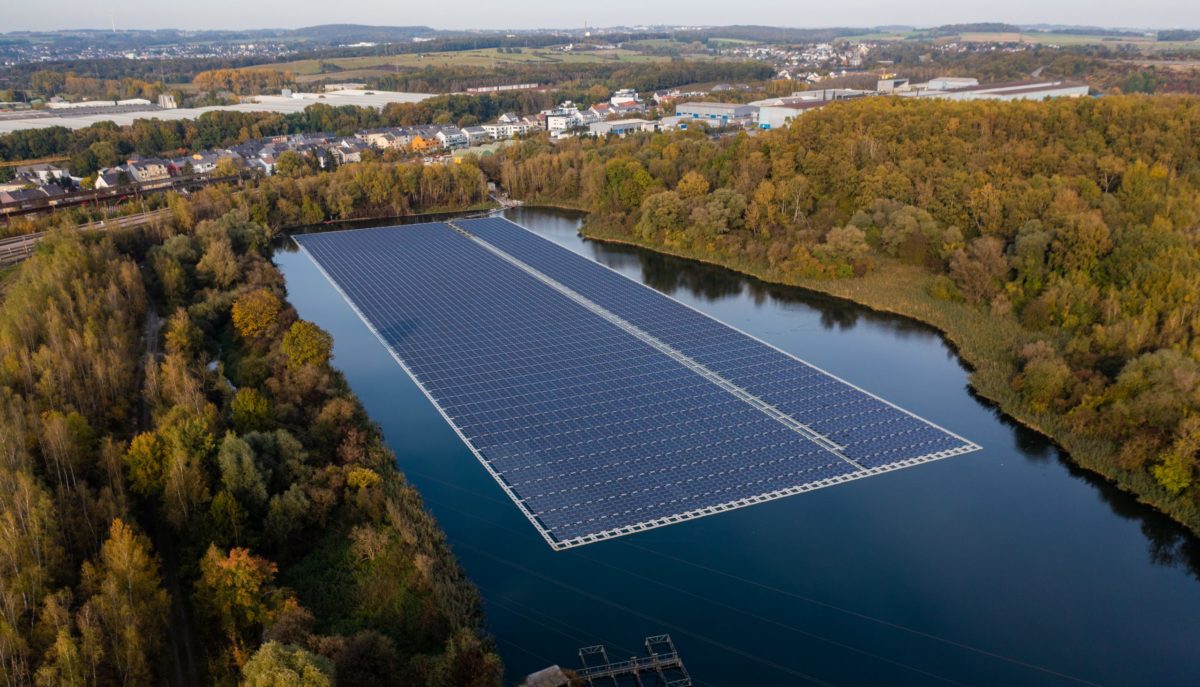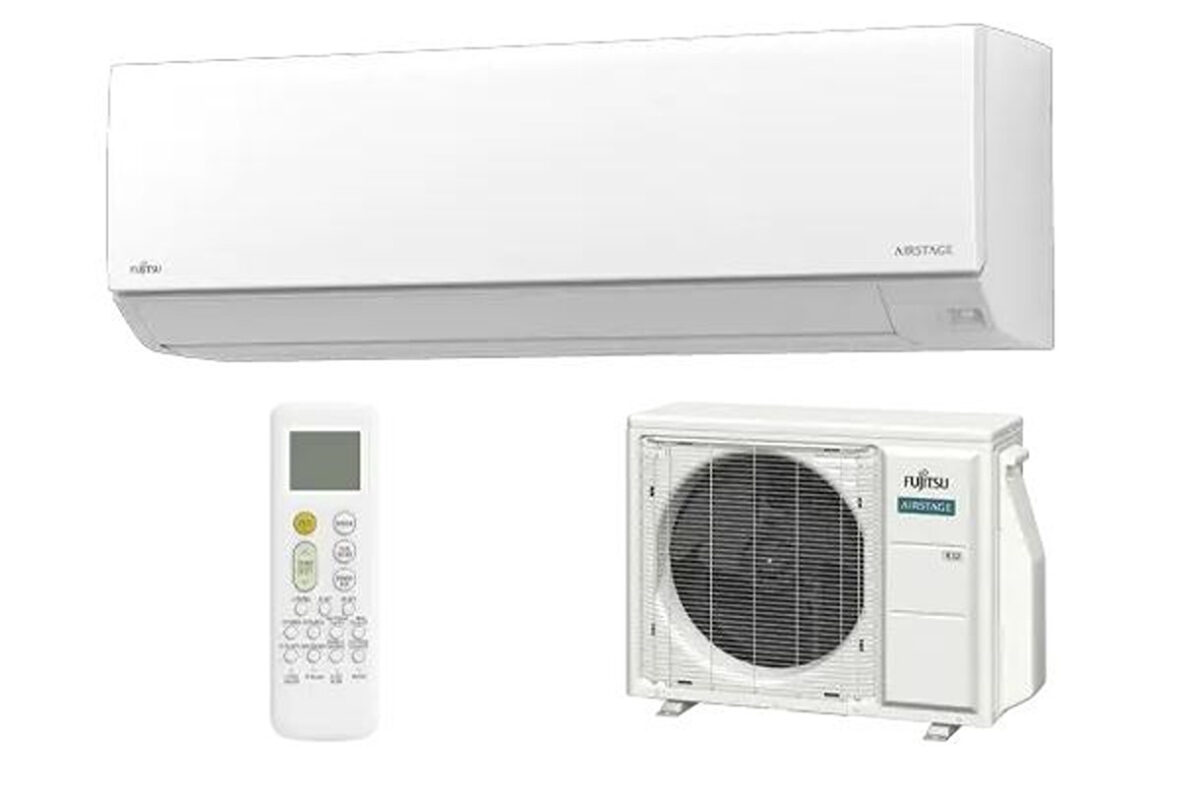German renewable energy company Enovos and Luxembourg-based steelmaker ArcelorMittal have announced the inauguration of Luxembourg's first floating PV plant.
The facility was deployed with 25,000 solar modules on a former cooling pond owned by the steel manufacturer's unit ArcelorMittal Differdange, which operates an electric steel plant in the homonymous municipality in Luxembourg.
The project was tendered by the Luxembourg government in 2019 and is owned and operated by Enovos, while ArcelorMittal has provided 5.7 hectares of its water surface for the project. The solar plant is selling power to the grid at an unspecified price.
Construction on the facility started in March 2021. The floating solar structure and the transformer station were first installed, and then the electrical connection was made,” ArcelorMittal said in a statement. “The highlight of this phase of the project was the drilling under the rail network adjacent to the basin, which allowed the cables needed to connect the installation to the public network, to be laid.”
The steel company said the project is a first for its sites, without providing further details.
According to the International Renewable Energy Agency, Luxembourg had an installed PV capacity of 195 MW at the end of 2020. The country is currently supporting solar through a feed-in tariff scheme.
This content is protected by copyright and may not be reused. If you want to cooperate with us and would like to reuse some of our content, please contact: editors@pv-magazine.com.




There is no information about installed power, which is important information that says much more about it then number of modules. The price would also be interesting fact.
The information on the project’s capacity was not disclosed by the developers. It should be between 3 and 4 MW.
Can these project be implemented in developing countries? E.g. Papua New Guinea


Yes I feel solar should be installed on countries that don’t have the finances to do as much as others.
In fact the reuse of panels from damaged systems could be collected / shipped and used in less wealthy nations.whilst offsetting the waste of panels that otherwise still work perfectly well.
A good panel should last at least 25 yrs and will still work at over 50 in reality.
Although no longer at 100%.
Jason